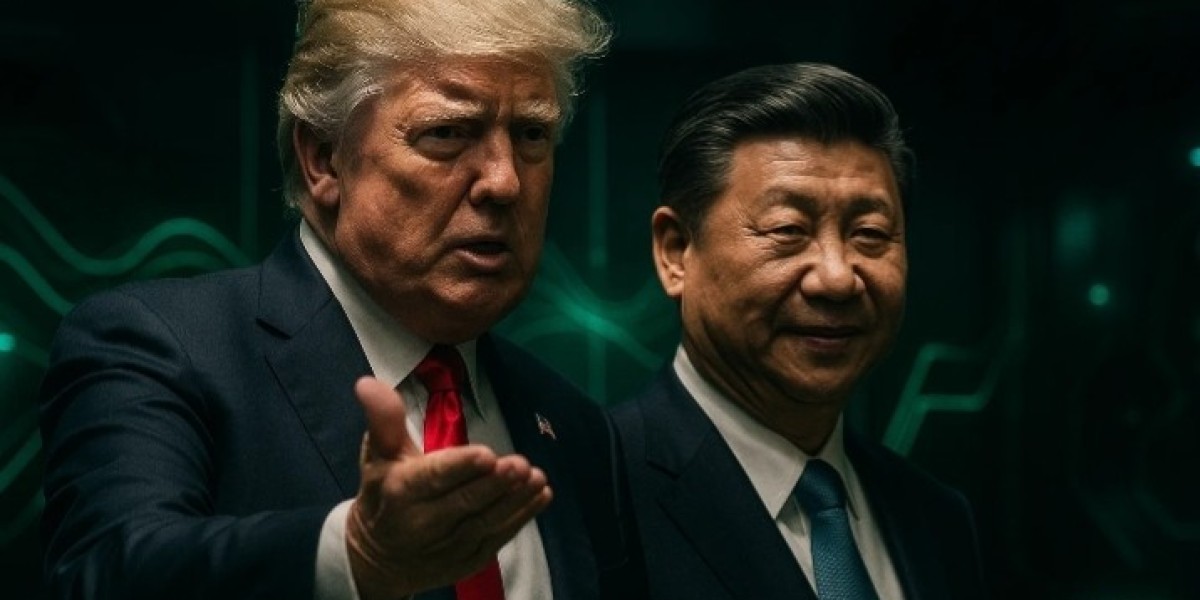China’s economy is showing signs of significant stress as the impact of tariff policies introduced by former U.S. President Donald Trump continues to intensify. According to recent reports, economic growth in China slowed dramatically in July, marking the steepest downturn of the year.
Tariff Pressures Mount
The escalating trade measures have placed heavy pressure on China’s exports, manufacturing, and overall economic momentum. Businesses across multiple sectors are grappling with reduced global demand, rising costs, and ongoing uncertainty in the U.S.–China trade relationship.
Beijing Faces Growing Challenges
Economic experts warn that without immediate action, the slowdown could deepen further. Beijing is now under increasing pressure to roll out new stimulus measures, including monetary easing, infrastructure spending, and policies to support struggling industries.
Global Impact
The downturn in China’s economy—one of the world’s largest—has raised concerns about ripple effects on global markets. Investors are watching closely, as weaker Chinese demand could affect international trade flows, commodities, and financial markets worldwide.
Trump’s Trade Legacy
While Trump’s tariff strategy was designed to rebalance trade and protect American industries, critics argue it has led to prolonged instability in global economic relations. For China, the ongoing strain underscores the urgent need to recalibrate its economic policies in response to external shocks.
Outlook Ahead
Beijing’s next steps will be crucial. Analysts believe that a bold and effective stimulus package could stabilize growth in the short term, but deeper structural reforms may be required to secure long-term resilience in the face of shifting global trade dynamics.








